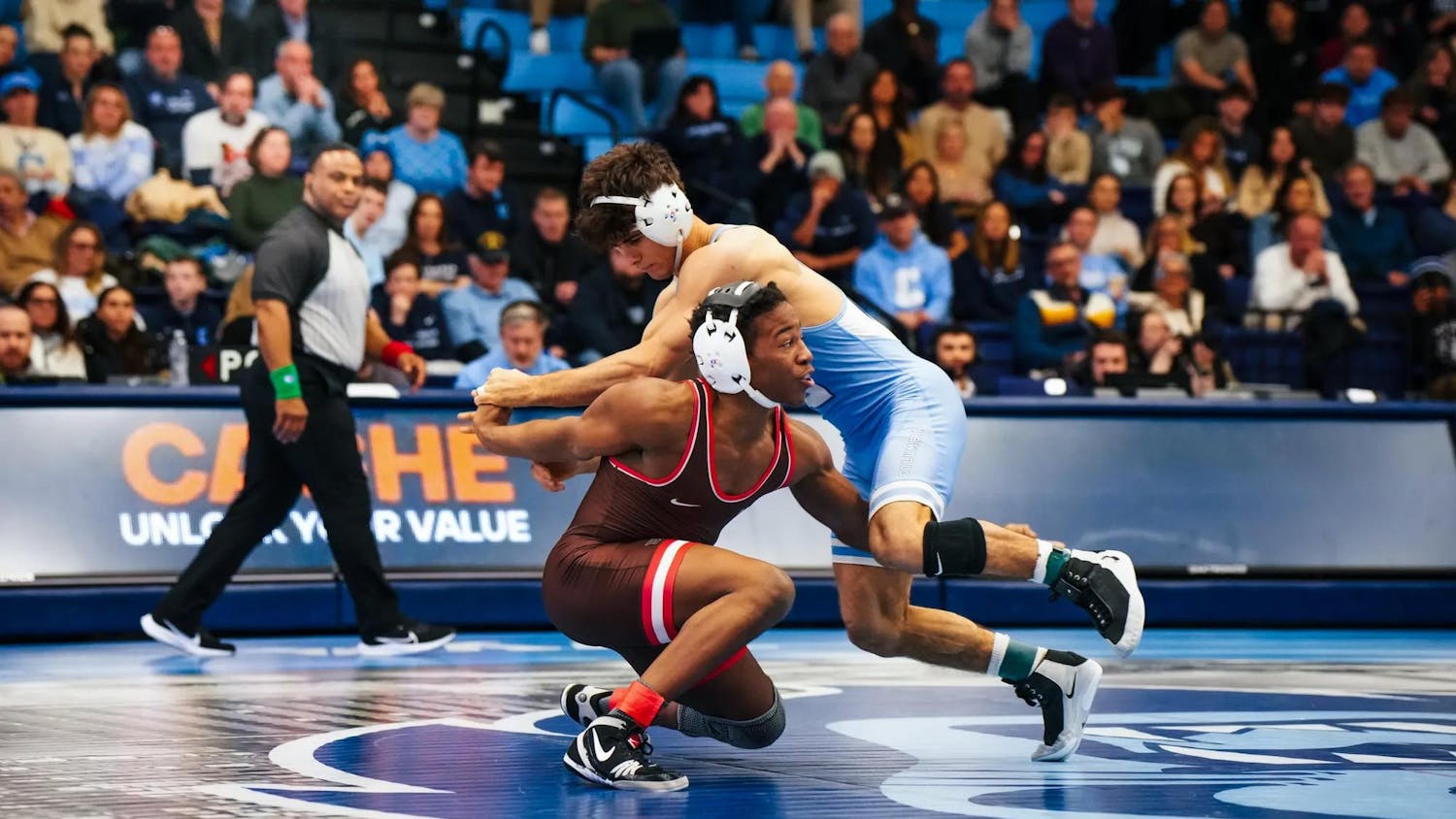The sports world erupted last weekend when FBI documents revealed deep corruption in college basketball. Several storied programs — including those at Duke University, University of North Carolina and the University of Kentucky — gave cash benefits to recruits to entice talented players. Though some of these benefits were minor, there were also substantial offenses, including at the University of Arizona, where coach Sean Miller was caught discussing a $100,000 payment for star DeAndre Ayton’s services.
My only question: Why is everyone in college basketball acting so outraged and saddened? Let’s be honest: everybody knows that top recruits are receiving money. And those players deserve the money, too. The college basketball system is broken and filled with incomprehensible rules. Don’t get me wrong — I love college basketball. But I think we all can admit that the sport needs fixing fast. Here’s how I would go about it.
1. Allow college players to make money off their own names.
The NCAA does not let athletes profit from their likenesses and autographs. The organization has maintained that players are students first and that they must retain their amateur status. Well, I’m a student too, and if anyone was willing to pay for my autograph, I would sign everything in sight. Players, and especially national stars, should not be as limited as I am, considering they produce tons of revenue for schools and the NCAA itself thanks to TV contracts and merchandise. Head Coach of the Kentucky Wildcats John Calipari is a controversial figure to be sure, but is absolutely correct when he says, “It’s their name and likeness. It’s not ours, it’s theirs.” As adults, college athletes should be able to use their images in whatever manner they choose. Are members of Final Four teams who play in front of full football stadiums not mature enough to represent their own brand? Ridiculous.
2. Get rid of the one-and-done rule.
There has been a lot of conversations about changing this regulation. Top high school basketball players should not be forced to attend college, especially when they won’t gain anything from the experience. Ben Simmons did not need the experience of leading LSU to the NIT alongside a bunch of lesser players. He was NBA-ready from the moment he stepped on a college court. A common argument against removal of one-and-done is that players could get lost in the draft and lose their college eligibility. Why not allow high school graduates to enter the draft for a period, then remove their candidacy if their draft stock is not satisfactory?
Another argument is that high school prospects are simply not prepared for the NBA life and will be busts like Kwame Brown, who is widely mocked for his NBA failures. Well, Kwame Brown played in the NBA for 13 seasons and earned just under $64 million in career earnings. Where do I sign up to be a $64 million bust? Out of the 44 men who were drafted out of high school, 32 became solid NBA players — that list includes Kevin Garnett, Kobe Bryant, Tracy McGrady, Amar’e Stoudemire, LeBron James and Dwight Howard. Not too shabby. Somehow, Kobe and LeBron were able to hold their own against NBA players without a year at college.
3. Build-up the G League as another option.
The NBA is heading in this direction, too. I think it is clear that no upper-echelon prospect like DeAndre Ayton or Marvin Bagely is going to choose the Maine Red Claws over the NBA or a top college program. But guys who are just below that mark and want to improve their NBA draft stock should be able to pursue basketball as their sole focus, without the forced, time-consuming distractions of classes and other college responsibilities. Take Duke’s Trevon Duval, for example. He has underperformed on the court at times and is not projected to be a lottery pick. If, hypothetically, he wants basketball to become his full-time job but does not want to enter the NBA draft yet, he should have another viable option besides returning to Duke. An expanded (and better paying) G-League would allow players to work alongside NBA coaching talent and adjust to the NBA game more gradually. The influx of superior players would drive up attendance for G League games, and the league would truly be off and running.
With these three rules, I have removed all the players who don’t want to be in college and have given athletes their rightful compensation. Top college teams could play together for longer without the interruption of one-and-dones, and the quality of play would improve accordingly. Players would get to know each other’s tendencies, and rivalries like Duke and UNC would ramp up even further as starting lineups play against each other year after year.
And best of all, we don’t have to act surprised when DeAndre Ayton makes some money.
George Klein can be reached at george_klein@brown.edu. Please send responses to this opinion to letters@browndailyherald.com and other op-eds to opinions@browndailyherald.com.




